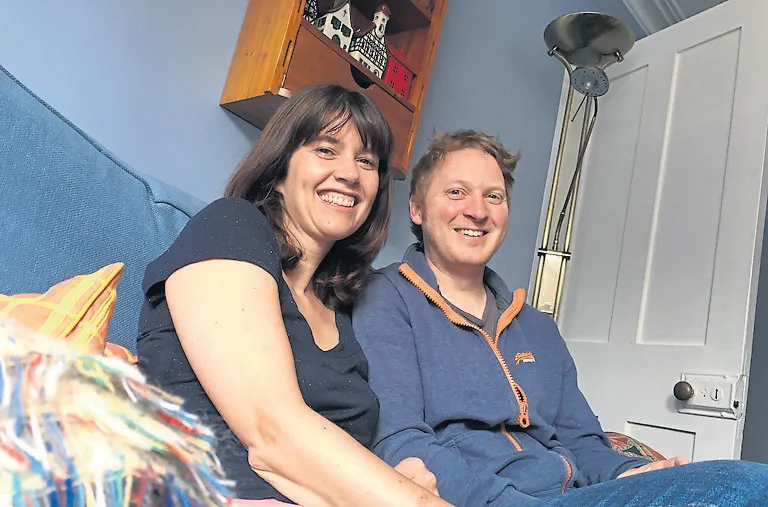An interview with John James of Crossway Church (FIEC) Northfield, Birmingham
John James and his wife Sarah came to a church in steep decline on the outskirts of Birmingham seven years ago.
But now, under God, the church is thriving. So what happened?
Would you like to read on?
You can register with us now and get three free articles every month!
Or become a subscriber to get unlimited access
Already have an account? log in | Have an access code? click here
Click here to find out how we take care of your personal data.







